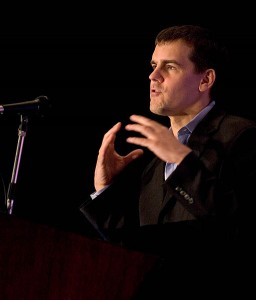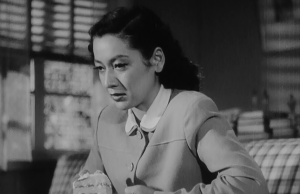 Let’s say you’re a private equity information specialist. And a dancer. An unlikely pair of professions for one person, yet this is exactly the scenario we addressed recently while giving a talk to dancers about how to develop a wholly representative profile on LinkedIn.
Let’s say you’re a private equity information specialist. And a dancer. An unlikely pair of professions for one person, yet this is exactly the scenario we addressed recently while giving a talk to dancers about how to develop a wholly representative profile on LinkedIn.
While writing the “headline” on her LinkedIn profile, meaning the space directly under her name, a participant asked if it’s OK to write “Private Equity Information Specialist and Dancer.”
You see, she’s a client of Career Transitions for Dancers, an organization that helps dancers take their first steps toward second careers, because the physical tolls of dancing make it practically impossible to be a lifetime professional dancer.
So how did we respond? We offered that her inquiry really felt like the question “Is it OK to be who I am?” The answer to which would be “Yes, it is. Always.”
A fantastic thing about LinkedIn is the expectation that you’ll have only one profile, because you’re only one person. Also, you’ll synthesize your complicated background into a single headline, and then outline it within the various sections of Summary, Experience, and Education. Creating a profile on the “professional” social network becomes an exercise in identifying the breadth of your achievements and interests, organizing your story, and then revealing yourself in a coherent framework.
Watch how things unfolded, starting at 6:00, below:
Image via





